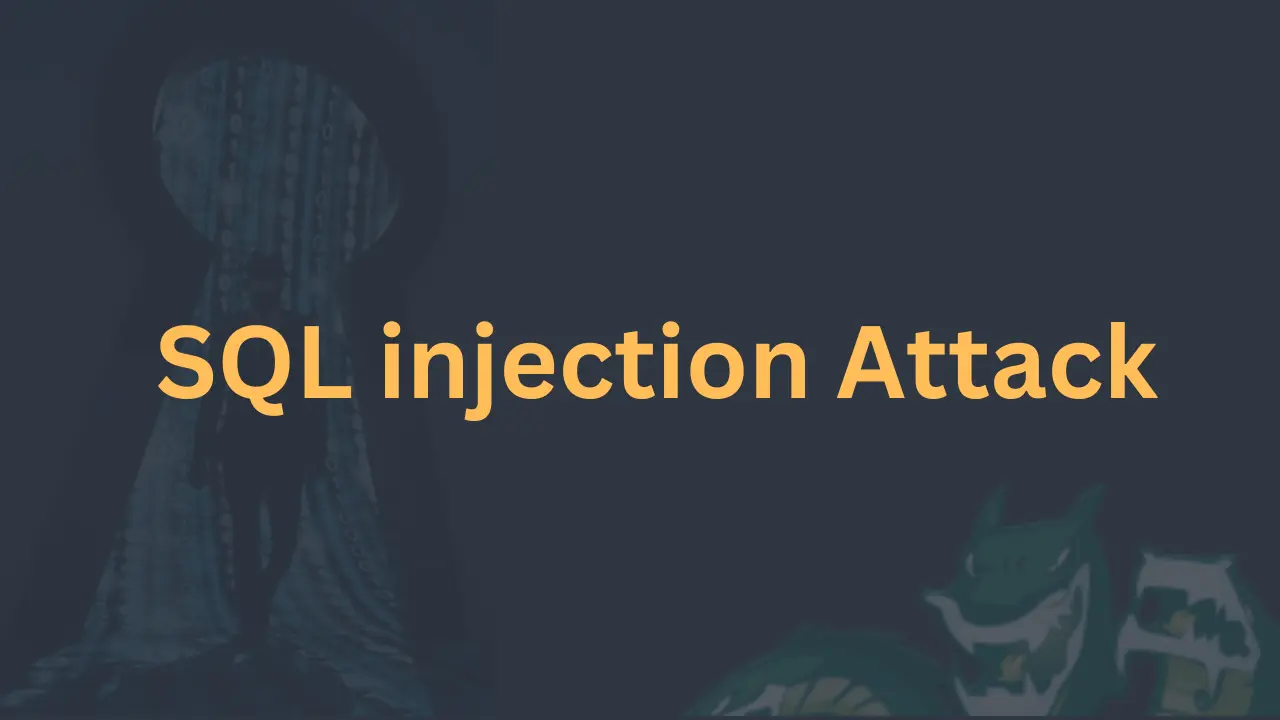
(Under Injection Attacks) SQL injection is a technique used to attack websites by injecting malicious SQL code into input fields in order to manipulate the database and gain unauthorized access to sensitive information. In order to find SQL injection vulnerabilities in a website, you can follow these steps:
Identify input fields: Look for any input fields in the website, such as forms, search boxes, and URL parameters. These are the most common places where an attacker can inject malicious SQL code.
Test the input fields: To test if an input field is vulnerable to SQL injection, try entering special characters such as a single quote (') or a semicolon (;). If the website displays an error message or behaves unexpectedly, it may be vulnerable to SQL injection.
Use SQL injection tools: There are several tools available that can automatically scan a website for SQL injection vulnerabilities. Some popular tools include SQLMap, Havij, and sqlninja.
Manual testing: In addition to using tools, you can also manually test a website for SQL injection vulnerabilities by trying different combinations of SQL code and observing the results.
It's important to note that attempting to find or exploit SQL injection vulnerabilities without permission is illegal in many countries and can result in criminal charges. If you suspect that a website may be vulnerable to SQL injection, it's important to report the issue to the website owner or to the appropriate authorities.
Let's take a closer look at how SQL injection attacks work with an example.
Suppose you have a web application that allows users to search for products in a database by entering keywords. The application takes the user input and constructs a SQL query to search for the corresponding products in the database. The SQL query might look something like this:
Suppose you have a web application that allows users to search for products in a database by entering keywords. The application takes the user input and constructs a SQL query to search for the corresponding products in the database. The SQL query might look something like this:
SELECT * FROM products WHERE name LIKE '%user_input%';
The '%' symbol is a wildcard character that allows the SQL query to match any characters before or after the user input. This type of query is vulnerable to SQL injection attacks because an attacker can input malicious SQL code instead of a keyword.
For example, an attacker could input the following SQL code into the search box:
' OR 1=1; --
This code will be concatenated with the SQL query constructed by the application, resulting in the following SQL query:
SELECT * FROM products WHERE name LIKE '%' OR 1=1; --%';
The '--' symbol indicates the start of a SQL comment, so the rest of the SQL query is ignored. The '1=1' condition is always true, so the query will return all products in the database instead of just the ones matching the user input.
As you can see, the attacker has successfully injected malicious SQL code into the query, leading to a data breach.
To prevent SQL injection attacks, it is important to use input validation and parameterized queries. Input validation ensures that only valid input is accepted, while parameterized queries separate the SQL code from the user input. Using these best practices can help protect against SQL injection attacks and ensure the security and integrity of your database and system.




